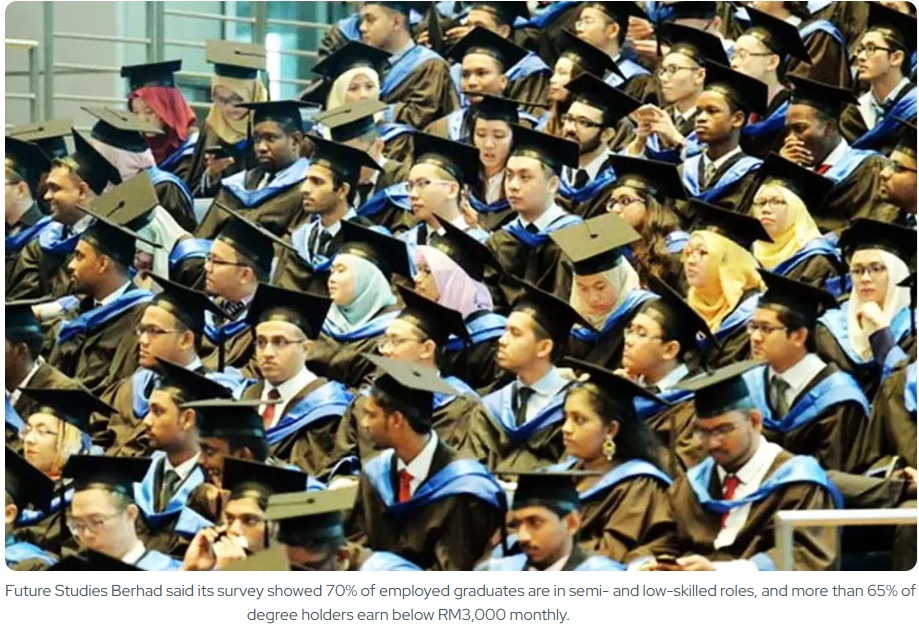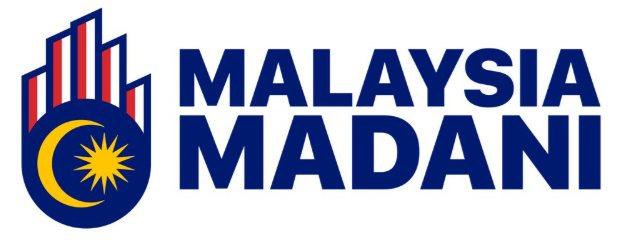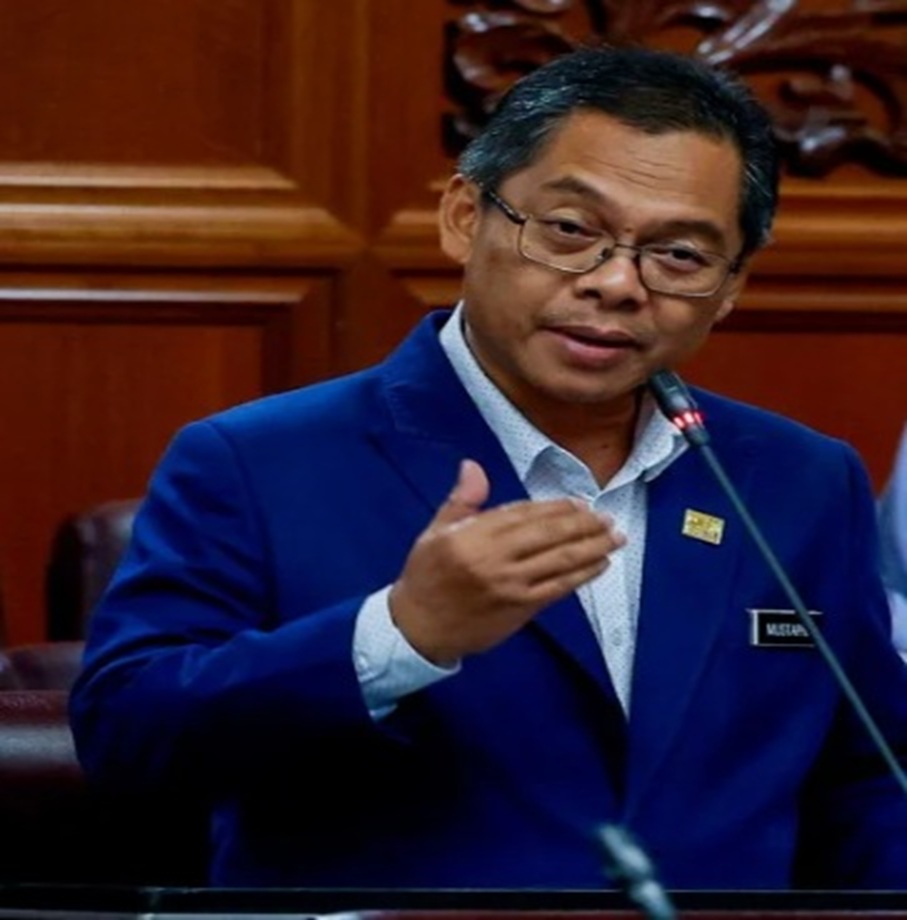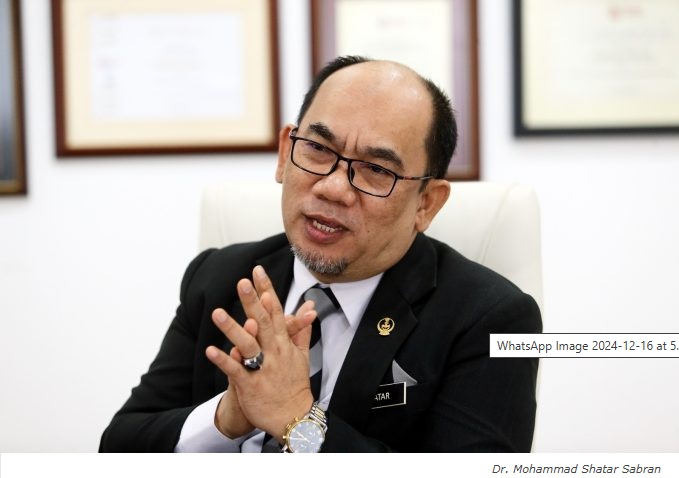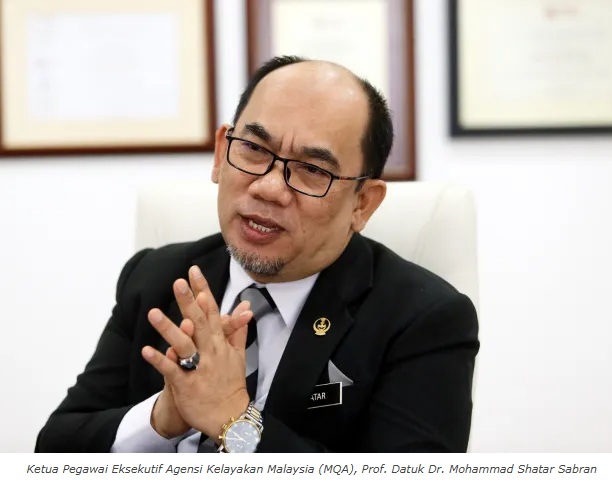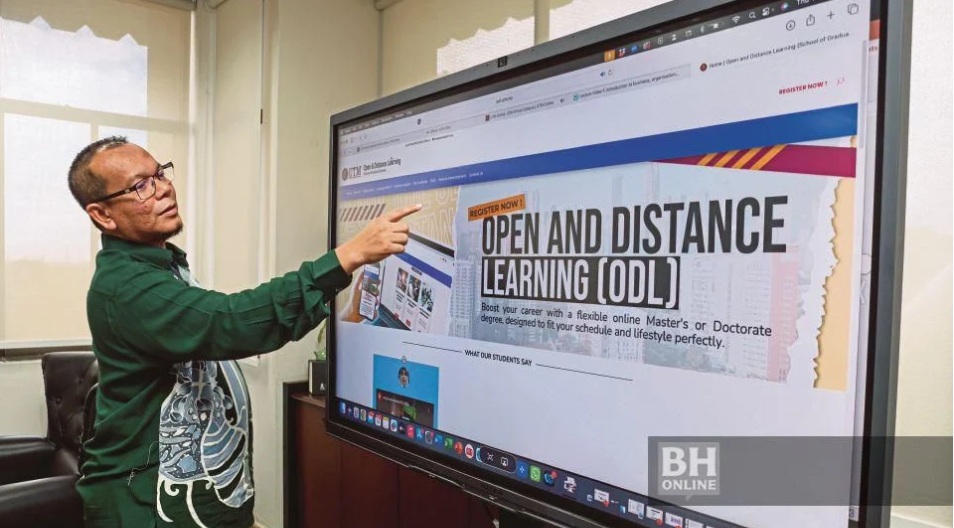 |
|
|
People in this country who do not have conventional academic qualifications are urged to seize the opportunity to continue their studies to a higher level through the Prior Experience Learning Accreditation (APEL) route. The Chief Executive Officer of the Malaysian Qualifications Agency (MQA), Prof Datuk Mohammad Shatar Sabran, said the initiative provided by his side provides options to improve the knowledge and academic qualifications of individuals up to the level of a doctoral degree. More interestingly, he said more than 60 percent of the working and working population in Malaysia are eligible to apply for the Academic Qualification Award (APEL.Q) which recognizes individual learning through previous experience. He said, APEL.Q only requires applicants to meet a minimum of years of work as experience at an appropriate level in the relevant field. "APEL.Q makes our higher education system more flexible and comparable to developed countries which on average have recognized previous learning. "This initiative is in line with the surge in the Ministry of Higher Education's 1 Main Focus which was presented by the Minister of Higher Education, Datuk Seri Dr Zambry Abd Kadir at the KPT 2024 Roadmap Ceremony, which is the Preparation of the Nation's Best Talent," he said. Until now, a total of 10 local higher education institutions (HEIs) offer alternative studies through the APEL.Q route. The relevant institutions are HELP University, Kuala Lumpur; Open University of Malaysia (OUM); SEGi University, Damansara City; National University of Malaysia; Sultan Idris University of Education; Asian e University; MAHSA University; UNITAR International University; Universiti Teknologi Malaysia and City University. Commenting further, Mohammad Shatar said that students who follow APEL.Q do not need to attend classes conventionally, but the students' academic qualifications are still recognized in the government, private and civil service sectors at home and abroad. He said, APEL.Q students are evaluated using the following instruments in sequence, namely portfolio, field trip and verification, challenge test (Challenge Test) as well as capstone courses that combine the main learning outcomes of the program and show that students have mastered the core disciplines of study. "We at MQA always invite people in this country to continue to improve their qualifications and take advantage of the flexibility offered through APEL. "Besides being one of the methods to create a lifelong learning culture, APEL.Q will also produce a knowledgeable society that contributes towards the development of the nation's human capital through the recognition of skilled workers. "All of that will have an impact on the economy and the social development of the community, making Malaysia a high-income country," he said. More information about APEL.Q can be obtained via the link https://www2.mqa.gov.my/APEL/APEL_Q/pengenalanapelq.cfm APEL.Q is a continuation of two previous Accreditation of Prior Experience Learning (APEL) initiatives, namely APEL. A (continued access to institutions of higher learning) and APEL.C (credit award based on accumulated experience to obtain credit transfer for courses in the program). Mohammad Shatar said, local HEIs are also advised to seize the opportunity to become an APEL Assessment Center (PPA) to enable the community to take the opportunity to continue their studies to the level they desire. "Until this year, there have been 16 Open PPAs, 16 Internal PPAs for the APEL.A route and 58 APEL.C Assessment Centers, so people in this country should take the opportunity to improve their qualifications through this alternative route," he said.
|
|
| Sumber daripada : |  |
